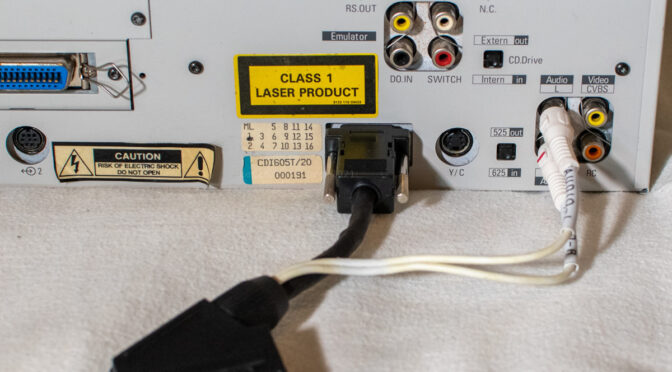
- OS9 68K EMULATOR MAC MACOS DSK IMAGE UPGRADE
- OS9 68K EMULATOR MAC MACOS DSK IMAGE SOFTWARE
- OS9 68K EMULATOR MAC MACOS DSK IMAGE LICENSE
> Well, it must have been revived, because I have seen, and Three | and a sheep voting on what's for dinner. Has never been (and likely never will be) any kind of blanket Hobbyistīill Gunshannon | de-moc-ra-cy (di mok' ra see) n.
OS9 68K EMULATOR MAC MACOS DSK IMAGE LICENSE
BeingĪs DEC ceased to exist in 1998 even if there was such an EMULATOR itĪlso ceased to meet the requirements of the License at that time. Note that the term EMULATOR is clearly defined in the license.
OS9 68K EMULATOR MAC MACOS DSK IMAGE SOFTWARE
The SOFTWARE TECHNOLOGY solely for personal, non-commercial uses in License under MENTEC's INTELLECTUAL PROPERTY RIGHTS to use and copy

"MENTEC grants to CUSTOMER a worldwide, non-exclusive, royalty-free "EMULATOR shall mean software owned by Digital Equipment Corporation thatĮmulate s the operation of a PDP-11 processor and allows PDP-11 programsĪnd operating systems to run on non-PDP-11 systems." On one particular emulator that has not existed for more than a decade. License" when, in fact, it covers running certain old versions but only People have often trotted it out as a "Hobbyist With waiting is people who came from Compaq that are familiar with the situation have either left, or are retiring. If things begin settling out inside the company, I will try again. Time and because they are products that were from aquistions. I made inquiries last year about this, and was told it would be difficult to get this started, given what was going on inside HP at the My experience with HP and other companies, it is pretty unlikely that a any sort of agreement for anything other than non-commerical This is probably the best approach for getting the DEC/Compaq product lines which they consider of no commercial value released. Use for two product lines they produced (HP1000 and 68K-based HP9000) and one that they did not (Apollo). On the other hand, the Computer History Museum HAS executed agreements with HP for the redistribution of the software for non-commercial > there probably still remains no-one at HP willing to take on the managerial decision and cost to change the license agreement with Mentec The unique thing about the PDP-11 software is that it won't say die even amongst hobbyists. The rights owners sometimes decide to bring product names out of abandonment so they rarely actually waive their rights. One can expect 10s of thousands of dollars of corporate legal bills!īecause the cost to do the "right thing" and release the rights is too high to be worth doing, most archaic software ends up as abandoned.

Nothing like this is done with a simple signature. I believe I know who the company might be that now owns Mentec's rights to the software, but on the other hand there probably still remains no-one at HP willing to take on the managerial decision and cost to change the license agreement with Mentec (and its successors) and the people who now acquired Mentec's rights probably can't afford the legal costs of the change either. Nobody in HP seemed willing to make the decisions, after it had gone to lawyers while under Compaq. Now, with the eventual passing of rights to DEC's successors, the mechanism for paying the royalties remained, but management responsibility to get the royalty waived for hobbyist licenses was not passed in the chain of command. Mentec still had to pay for every copy of the software distributed, even if they gave it away for free. This is where the problems arise for the hobbyist.
OS9 68K EMULATOR MAC MACOS DSK IMAGE UPGRADE
Mentec acquired a) the right to sell and distribute the software either in its original form or in modified form, b) the right to modify and upgrade the software and c) royalties to DEC were payable for every copy distributed by Mentec and d) to maintain the copyright for the products.Īs I understood it also, the royalty was a fixed amount per copy, not a percentage. ĭEC maintained the original and primary IP rights to the software in every version produced. Mentec, when it acquired the rights to the PDP-11 software (there were some that it didn't get) acquired what might be best described as "limited rights".Īs I understand it, and remember that where the following says DEC, for example, DEC's rights are passed by succession to Compaq and then to HP, the rights went like this. Ahh the old question of ownership of the PDP-11 OS's strikes again!


 0 kommentar(er)
0 kommentar(er)
